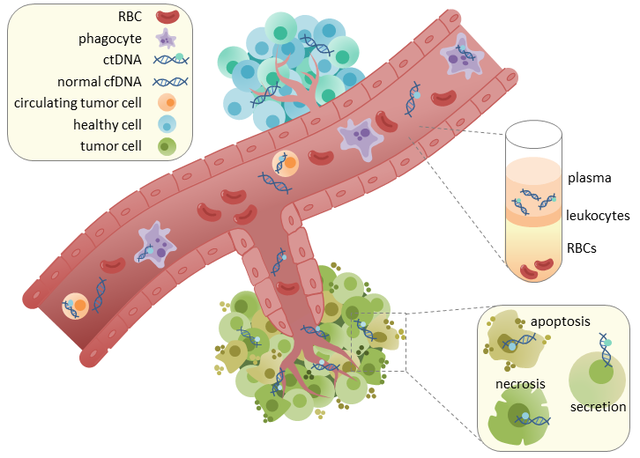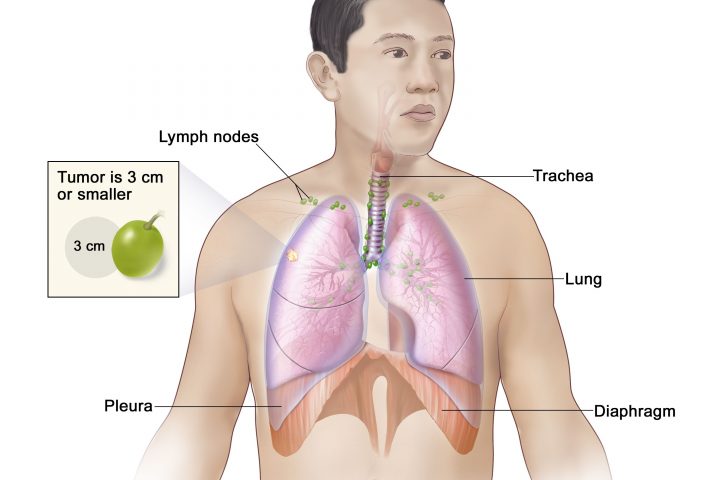Author:
Lei Deng, MD
Roswell Park Comprehensive Cancer Center
Live report from ASCO23, Chicago, IL
June 6, 2023
9002 Sunvozertinib for the treatment of NSCLC with EGFR Exon20 insertion mutations: The first pivotal study results.
Key points
- In phase 2 WU-KONG6 enrolled NSCLC patients with EGFR exon 20 insertions (exon20ins) after platinum-based chemotherapy were enrolled in China
- Primary endpoint was objective response rate
- The efficacy analysis of 97 patients showed confirmed ORR was 60.8%
- ORR consistent across different Exon20ins subtypes
- At the median follow-up time of 7.1 months, median DOR was not reached
Non-small cell lung cancer (NSCLC) patients with EGFR exon 20 insertion (exon20ins) respond poorly to third- and first-generation EGFR TKIs. The objective response rate (ORR) was 25% in ECOG-ACRIN 5161 with a high dose of osimertinib at 160mg. Currently, FDA-approved options are amivantamb and mobecertinib, with ORR at 40% and 28%, respectively. There is a huge unmet medical need for this patient population.
A phase 2 WU-KONG6 trial was presented at the 2023 Annual Meeting of ASCO in Chicago1. The study enrolled 104 Chinese patients with EGFR exon20ins whose disease had progressed on or were after platinum-based chemotherapy. The median prior lines of therapy were 2. 32% of patients had baseline brain metastasis. The confirmed ORR was 60.8%. The median follow-up time for responders was 7.1 months, and the median duration of response was not reached. The most common Grade 3+ adverse events are CPK increase (17.3%), diarrhea (7.7%), and anemia (5.8%). It would be very interesting to know how this will compare to currently approved options in the future.
- Wang et al. Sunvozertinib for the treatment of NSCLC with EGFR Exon20 insertion mutations: The first pivotal study results. Presented at 2023 ASCO, Chicago, June 2-6, 2023.






